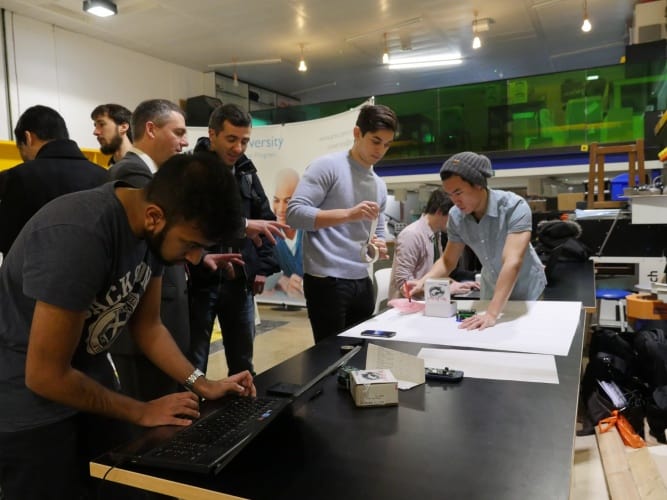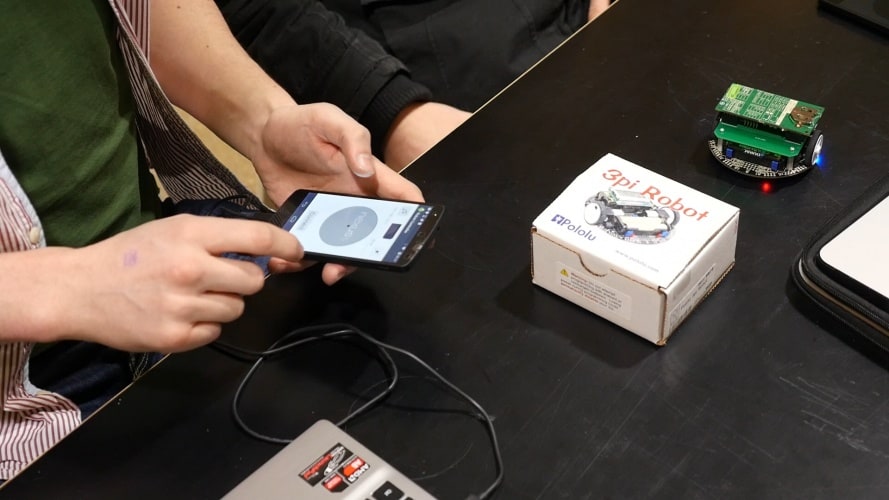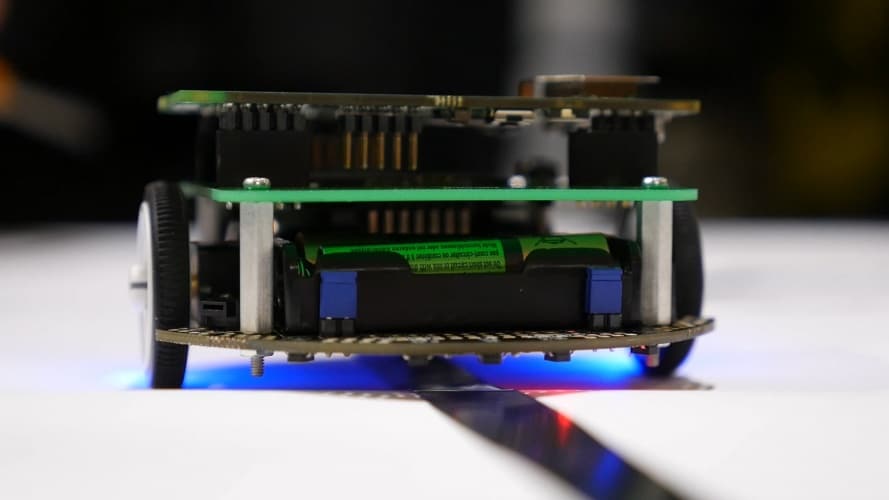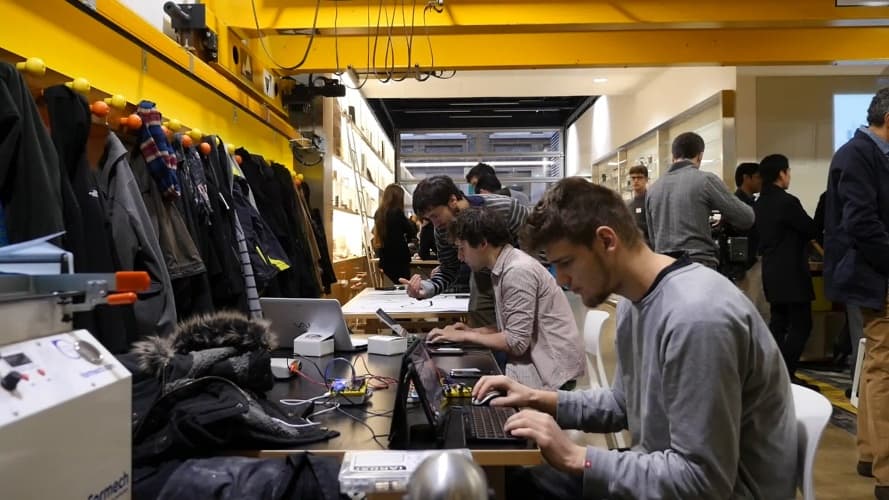
The new kit from ARM – the company behind most of the world’s smartphone and tablet processors – lets students develop their own wireless devices for controlling things like miniature robots, wearable technology and even creating “smart” toasters.
The company hopes this will encourage students to join firms like ARM or start-up their own electronics or software businesses, by giving them experience with the “Internet of Things” (the idea that everyday objects from cars to fridges will increasingly be equipped with wireless chips to improve their performance).
The spread of these internet-enabled “smart” devices means the engineers of tomorrow will need greater expertise in wireless communication and sensor technology, which will play a much greater role in all industries from aerospace to medicine, as well as in products from electronics firms like ARM.

‘By 2020 there will be 50 billion internet-connected devices, which will dwarf the mobile and PC industries put together,’ said ARM’s chief technology officer, Mike Muller, at the kit’s launch at University College London (UCL).
‘Until you actually make it, you don’t know what are some of the challenges are of building this kind of device, and it goes back and changes how you architect the software.’

He told The Student Engineer that gaining experience with this kind of technology would help students wanting to work for ARM and similar companies.
‘When we look at the graduate engineers we hire,’ he said, ‘those people need a whole range of skills … but if they’ve got some experience programming and using ARM that helps.
‘We like our engineers to have some mix of disciplines, so they might do transistors but understand a little bit about how a computer fits together and why that bit matters.’

UCL will be the first university to give the kit to all its electrical/electronic students, who will then be able to develop Internet of Things projects in their own time.
It will also be used to teach a module part of its electronics and telecommunications master’s courses, which are designed to equip engineers with the knowledge to apply the latest technology to different industries.
However, ARM is hoping other universities will also take up the kit. For those non-UCL students how are interested, Muller had the following advices: ‘Get in touch with us and we may be able to encourage your university to sign up and make it easier.’










Radio wave weapon knocks out drone swarms
I hope they have assessed how easy it is to shield a drone against the attack. Hopefully the shielding would add too much weight.